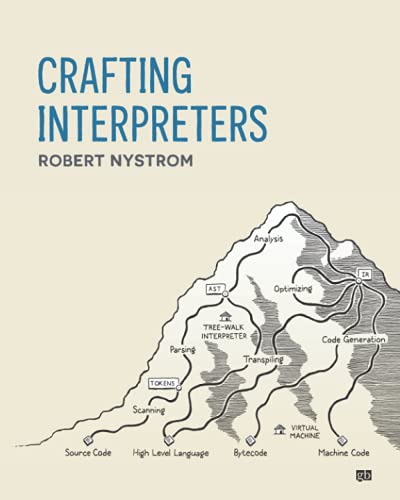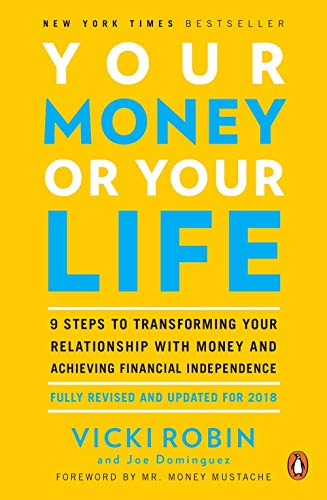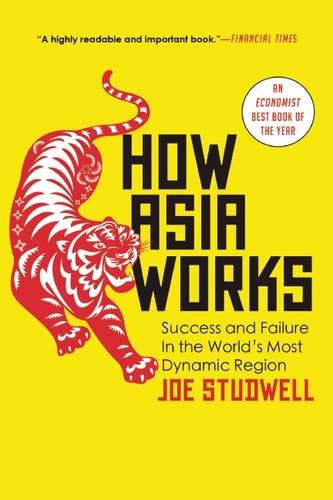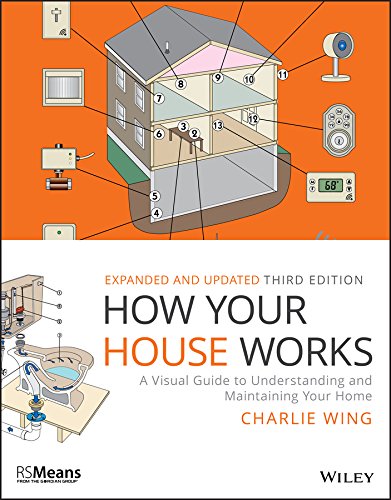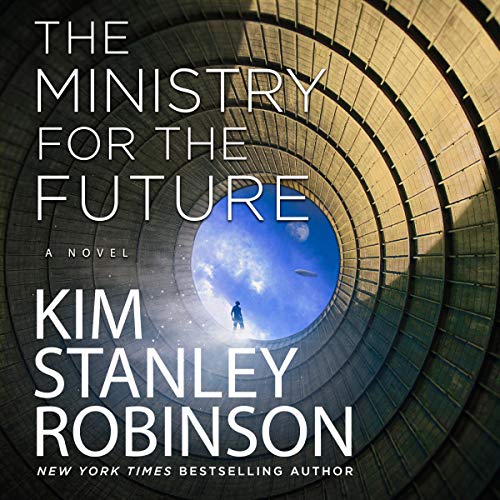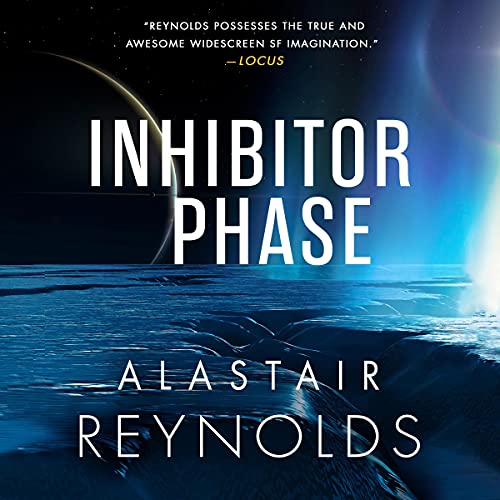The Best Books I Read in 2021
I have read many books in 2021; let’s forget most and talk about the good ones.
There is no particular order, but I broke down my recommendations by categories: technical, non-fiction and fiction.
This is a yearly tradition! You can read my book reviews from previous years:
2015 2016 2017 2018 2019 and 2020.
Technical
Crafting Interpreters
I knew I would buy and read this book since the first time I heard about it.
I loved Nystrom’s previous book and this is more of the good stuff. It’s deep but strangely light-hearted.
If you follow along, you’ll end up writing not one but two (!) interpreters: one in Java and another more optimized and lower-level in clean/modern C.
This wasn’t my first look at interpreters (see From Nand to Tetris), but it felt better organized. There were no leaps of faith; it was a logical progression with reasonable compromises (discussed in the text).
Some caveats:
- you’ll need an interest in the details of interpreters; which might not be immediately applicable on a day-to-day basis
-
it’s really two books in one (it’s the size of a phone book!) – I would have been perfectly happy to stop after the first (Java) interpreter. The second half of the book was interesting, but I was getting a little tired by then… 😅
- amazon
- website
Non-Fiction
Your Money or Your Life
When I read an article about a man who retired in his early 40s and he mentioned that Your Money or Your Life had changed his life … I was intrigued. What am I missing? Why am I not retired?! 🤔
To be honest, I spent most of the book rolling my eyes 🙄. This felt so obvious… I’ve read other books and my finances are in order; I’m not starting from zero!
But … the major insight, from my perspective, was about cashflow: if you have more passive revenue than expenses; you can retire. The very short version:
- calculate all your expenses, every month
- cut everything superfluous; the more you spend, the more you need to finance your lifestyle – that’s what the book title refers to: you exchange your life/time against money to pay for things
- retire when
$monthly_expenses = $total_retirement_money * 5% / 12
Obviously, the devil is in the details. And you might not agree with the premise or the conclusions. In my case, it gave me a target, and a framework.
How Asia Works
Following a Twitter thread, I ended up on this post. This quote caught my eye:
My friend once joked that I was a neural net trained on the book How Asia Works, since I recommend it so often.
For another (shorter) take, Bill Gates also reviewed the book.
How did countries like Japan, Taiwan, South Korea, and China achieve sustained, high growth and turn into development success stories? And why have so few other countries managed to do so?
[…]
He offers a simple, three-part formula:
- Create conditions for small farmers to thrive.
- Use the proceeds from agricultural surpluses to build a manufacturing base that is tooled from the start to produce exports.
- Nurture both these sectors (small farming and export-oriented manufacturing) with financial institutions closely controlled by the government.
It seems that countries that “made it” followed a variation of this script – in contrast to unproven neoliberal alternatives. Faced with western economists, the best idea might be to agree … and completely ignore their ideas.
How Your House Works
How would you (really) build a house?
I found this book while trying to answer this question beyond hand-waving explanations and generalities.
But How Your House Works is a slightly different book. I had planned to read other books by the same author, but this one certainly looked simple, well-illustrated, and had excellent reviews.
From the introduction:
After observing neighbors, friends, and family through decades of home ownership, I’m convinced most live in a perpetual state of anxiety. The log cabin with a privy, a fireplace, and a bucket for hauling water has been replaced by homes with sophisticated wiring, plumbing, and appliances. What happens if something goes wrong?
Beyond the child-like glee how looking inside things and figuring out how things work … I learned many things I didn’t know. If that sounds like your kind of thing, you’ll be delighted too.
Fiction
The Ministry for the Future
I’ve read, and recommended, almost everything that Kim Stanley Robinson wrote. He mentioned that it might be his last big novel… 😢
When Ministry for the Future came out, it was hard to miss: there were a bunch of articles about it. A quote struck me:
It is easier to imagine the end of the world than to imagine the end of capitalism.
If capitalism is a dead end, because its externalities will eventually kill us all, what are the alternatives? And if there are none, or we can’t imagine them, things are grim indeed.
The book came up again recently, to frame some of the recent climate disasters.
As a society, we are going to need to make some tough decisions. And I believe things are going to be bad. This book can give you an idea of what’s to come.
Inhibitor Phase
Inhibitor Phase is book 7 of the Revelation Space series. I already gave the first books my seal of approval. It was good then and it’s still good now.
This year, I first read Diamond Dogs, Turquoise Days (book 6). It contained two excellent short stories, on the sidelines of the main story. It threw me back into that universe.
The prologue mentions that Inhibitor Phase could be a self-standing book; not necessarily requiring having read the rest of the series. I’m not 100% sure that’s true 🤔
It can be intimidating to jump into such a long series; not knowing exactly what you are getting yourself into… I would still recommend giving it a try; starting from the beginning.
Closing Thoughts
If you have liked this blog post, please write your own. I want to read your book reviews and recommendations.
